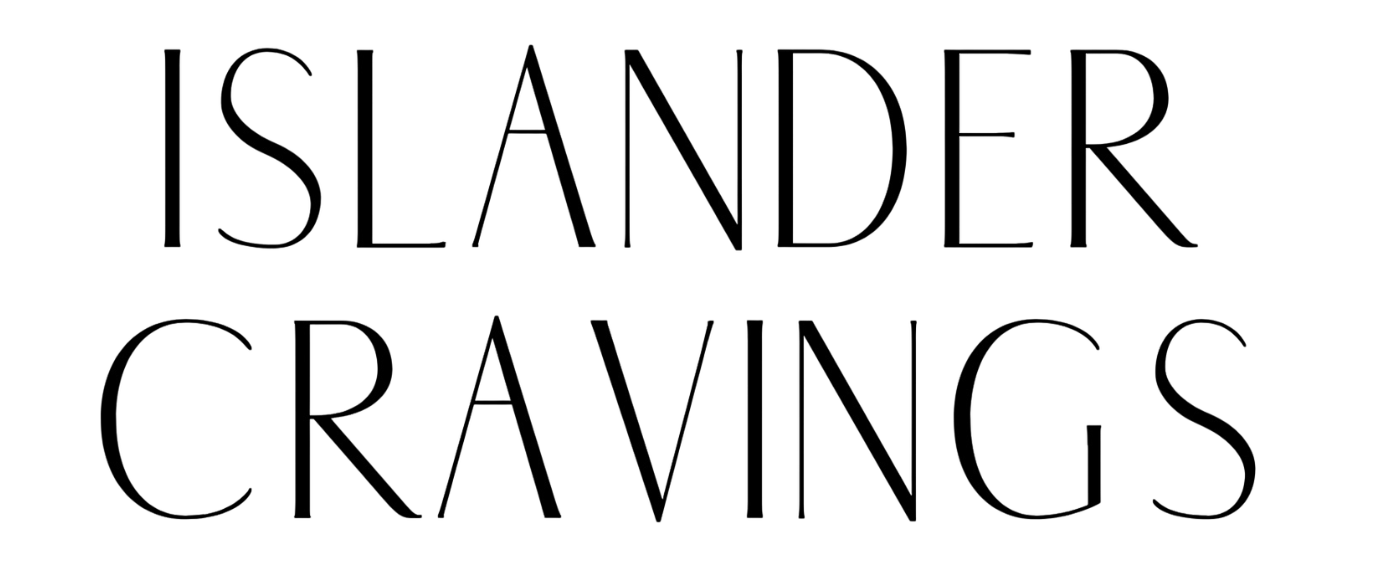
Hello, my friends. Welcome back to Islander Cravings! In today’s blog, I want to share with you the importance of having an equipped well-being toolkit and six strategies to attain a more balanced life. Because considering the fast-paced world we live in, it’s very common to get caught up in the daily grind and forget about self-care.
Now, you might be asking…
Why is having a well-being toolkit important?
Because, neglecting self-care can have far-reaching consequences; impacting not only our physical health but also our mental well-being and relationships. Therefore, embracing a holistic approach to well-being is essential.
What is a well-being toolkit?
A well-being toolkit isn’t just a list of activities; it’s a carefully curated collection of resources and strategies designed to enhance your overall well-being. Whether it’s a simple compilation of beneficial practices or a comprehensive plan with specific goals and resources, your well-being toolkit should be tailored to your unique needs.
What should be included in your well-being toolkit?
The contents of your well-being toolkit should align seamlessly with your individual needs and aspirations. It should encompass a self-assessment, SMART goals, a diverse set of strategies, and an array of resources to fortify your journey towards well-being.

Photo by Anna Shvets on Pexels
Six Key Strategies for a Balanced Life
Here are six strategies to include in your well-being toolkit so you can enjoy a more balanced life:
1. Build resilience
Resilient individuals experience fewer negative emotions and recover from difficulties faster. Building resilience involves practicing gratitude, developing a solid support network, and learning from your mistakes.
2. Reduce stress
While stress is a part of life, excessive stress can harm both physical and emotional health. Reducing stress involves getting enough sleep, regular exercise, and practicing relaxation techniques like yoga and meditation.
3. Get quality sleep
Prioritize quality sleep to avoid difficulties in concentration, irritability, mood swings, heightened stress levels, and a weakened immune system.
4. Strengthen social connections
Social connections are vital for well-being, providing love, support, and a sense of belonging. Spend time with loved ones, join clubs or groups, and consider volunteering.
5. Cope with loss
Loss is a natural part of life, and coping with it effectively is essential. Allow yourself to grieve and seek professional help if needed.
6. Be mindful
Mindfulness, characterized by being present without judgment, can reduce stress, improve mood, and increase self-awareness. You can practice mindfulness through meditation, yoga, mindful walking, or mindful eating.

Photo by Samson Katt on Pexels
In conclusion, remember that a holistic approach to overall well-being encompasses the integration of physical, mental, emotional, and spiritual health. By incorporating these six strategies, you can create a robust well-being toolkit that supports these dimensions and contributes to a more balanced and fulfilling life.
Remember that emotional well-being is an ongoing journey; regular adjustments to your toolkit are essential for maintaining the balance.
FAQs Section
Q: What exactly is a well-being toolkit?
A: A well-being toolkit is a curated collection of resources and strategies designed to enhance your overall well-being. It can range from a simple list of beneficial activities to a comprehensive plan with specific goals, strategies, and resources tailored to your unique needs.
Q: How do I determine what should be in my well-being toolkit?
A: The contents of your well-being toolkit should align with your individual needs and goals. Consider including a self-assessment, SMART goals, a variety of strategies, and resources that support your well-being journey.
Q: Is building resilience really essential for well-being?
A: Absolutely. Building resilience is crucial for navigating life’s challenges. Resilient individuals experience fewer negative emotions and recover more swiftly from difficulties. Practices such as gratitude, a strong support network, and learning from mistakes contribute to building resilience.
Q: Can stress reduction techniques genuinely improve overall well-being?
A: Yes, managing stress is pivotal for well-being. Adequate sleep, regular exercise, and relaxation techniques like yoga and meditation can significantly reduce stress, benefiting both your physical and emotional health.
Q: Why is quality sleep emphasized in the well-being toolkit?
A: Quality sleep is fundamental for emotional well-being. It contributes to improved concentration, stable mood, reduced stress levels, and a strengthened immune system, all of which are essential for maintaining overall health.
Q: How important are social connections for well-being?
A: Social connections play a vital role in well-being, providing love, support, and a sense of belonging. Nurturing relationships with loved ones, joining clubs or groups, and engaging in volunteer activities are all valuable ways to strengthen social connections.
Q: What is the significance of mindfulness in a well-being toolkit?
A: Mindfulness, characterized by being present without judgment, is a powerful practice for reducing stress, improving mood, and increasing self-awareness. Incorporate mindfulness into your life through meditation, yoga, mindful walking, or mindful eating.
Q: Is emotional well-being a continuous journey?
A: Absolutely. Emotional well-being is an ongoing journey that requires regular adjustments to your well-being toolkit. Life is dynamic, and maintaining holistic wellness involves adapting your strategies to the ever-evolving challenges and experiences.
Q: How can I ensure a balanced and fulfilling life with the strategies mentioned?
A: By incorporating the six strategies into your well-being toolkit, you create a robust foundation for a balanced and fulfilling life. Regularly reassess and adjust your toolkit to align with your evolving needs and aspirations.
xx,

